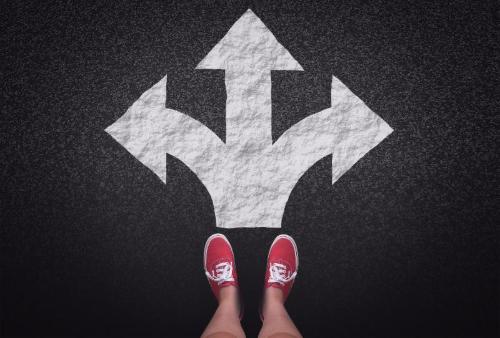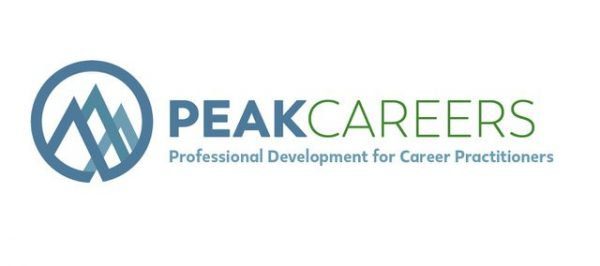Whether you planned for the career transition or it was
unplanned…it is still often difficult.

While an unplanned career transition may be more challenging, any change involves adjustment. Most of us live as if our lives will stay the same every day. I was listening to the podcast ‘Hidden Brain’ where people were asked to look ahead 10 years. How much change do they expect to happen? Then people were asked to look back 10 years at how much change had actually happened. There was a huge disconnect! People looking forward predicted there would be little. People looking back saw quite a bit.
How do we prepare those we work with for the inevitable change that will occur in their lives and a career transition?
Our goal as career coaches and practitioners is to help our clients understand that change is inevitable and there is a process that people will go through. Sometimes starting with anger or confusion and eventually on to making a plan. As William Bridges says, you have to begin with the end (put closure to what you were), then move to the neutral zone (often confusing and uncomfortable) and then to the beginning (starting that new job). Our job is to help them through this process and help them make that plan.
There are three deer that walk behind my house every night, around the neighbor’s house, and over to a small grove of apple trees. Every night. We are also creatures of habit and that consistency is what makes us comfortable on a daily basis. When we change jobs that career transition shifts our lives. Our roles, routines, relationships all are shifted.
When I left the community college six years ago to go full-time with Peak-Careers, I was in charge of that career transition. I choose to leave. But I was surprised at how much my day changed and the adjustment I went through!
- My role was different, I was no longer the director of the Advising & Career Center.
- My relationships changed. I no longer chatted with fellow employees at the copy machine I worked solo now. Much less collaboration or team projects.
- My routines changed. My commute was from the kitchen to my office.
So what can we do to help our clients / students with their career transition? Whether it is from college to work or from one job to another?
- Help them create new routines. If they are currently out of work, get them to “create a work day”. Get up at the same time they did for work. Set goals to accomplish daily.
- Get them to talk about a past career transition (or any other transition) that they “survived” and maybe even improved on. How did they navigate that transition? What supports did they have? What strategies did they engage in?
- Try to normalize the change by seeking support from others, practicing healthy mindfulness or exercise, to calm themselves.
- Help them create goals to move on.
They will get through this career transition. It may not happen in a week. It may take several months even. But help them see the career transition for what it is, something they are going through and will get through.
How do you help your clients through their career transition?
—————————————–
Explore this topic with other career service providers and practitioners further…
– – > Check out my 5 – week, discussion-based, online seminar approved for 15 hours of continuing education by CCE. Transitions Seminar
Read more of my blogs on transitions and my interview with Dr. Nancy Schlossberg
Jim Peacock is the Principal at Peak-Careers Consulting and writes a monthly newsletter for career practitioners. Peak-Careers offers discussion-based online seminars for career practitioners focused on meeting continuing education needs for CCSP, GCDF and BCC certified professionals as well as workshops for career practitioners and individual career coaching.
Sign up here to receive my TOP 10 TIPS WHEN WORKING WITH AN UNDECIDED PERSON. You can also receive the career practitioners newsletter which includes a variety of career topics, industry news, interesting events, and more.


